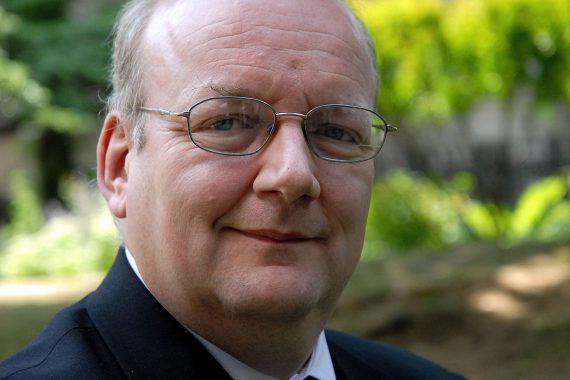If I choose to prescribe an expensive drug instead of a cheaper drug, I will have assessed the cost/benefit ratio of this for the patient before making a decision. There will be evidence of effectiveness.
But this does not apply to the CQC and its proposed imposition of massive fee increases.
We have just about swallowed hard and accepted the current level of taxation by CQC – £725 for my practice of just over 5,000 patients. But this will go up to £4,839 under these proposed changes. This is just not affordable.
Small practices such as mine have no spare resources to pay this impost
NHS England have muttered about putting another £15m into the contract to pay for this. No. That won’t work. A practice of 14,999 patients will be charged as much as one with 5,001 and we all know that most payments and reimbursements are capitation dependent – also practices which still rely on a large MPIG (remember – promised in perpetuity!) will lose out on this unless very carefully done. Over to you, GPC on that one.
Small practices such as mine have no spare resources to pay this impost. It will mean reducing either receptionist time (we run very tight on that) or making half our health care assistant time redundant. Or reducing one of the salaried doctors’ time by a session a fortnight. How does this help patient care?
Even if NHS England choose to reimburse us completely (unlikely, I think) many of us would still resent the unevidenced use of scarce NHS funds just because the Secretary of State believes it a good idea. He also ‘believes’ in homeopathy.
The basic problem with GPs paying for CQC inspections is that, by and large, we don’t believe in them. We have seen no specific evidence that our colleagues in Scotland, Wales and Northern Ireland are working any less safely than we are in England without the imposition of a CQC inspection. I have never heard my colleagues from outside England bemoaning their lack of inspection.
This is a quango which is answerable only to a select committee once a year and to the Secretary of State for Health. The directors seem supine and the bureaucracy bewildering.
General practice remains the lowest risk part of the NHS. Poorly performing practices are well known in the local health economies. If inspection must happen, concentrate on them. Support them to improve. Don’t just tell everyone they are failing. That is a self-fulfilling prophecy as no doctor or nurse will choose to work at a practice labelled ’failing’ and many patients will also vote with their feet.
Be brave, Mr Hunt. Accept that the CQC has failed to cause any improvement in real quality. Do their appraisal. Do their 360 degree. Do their revalidation. Then you will realise that they have not passed and should pass as a footnote in the history of the NHS.
Dr Peter Swinyard is a GP in Swindon, Wiltshire, and chair of the Family Doctor Association

















